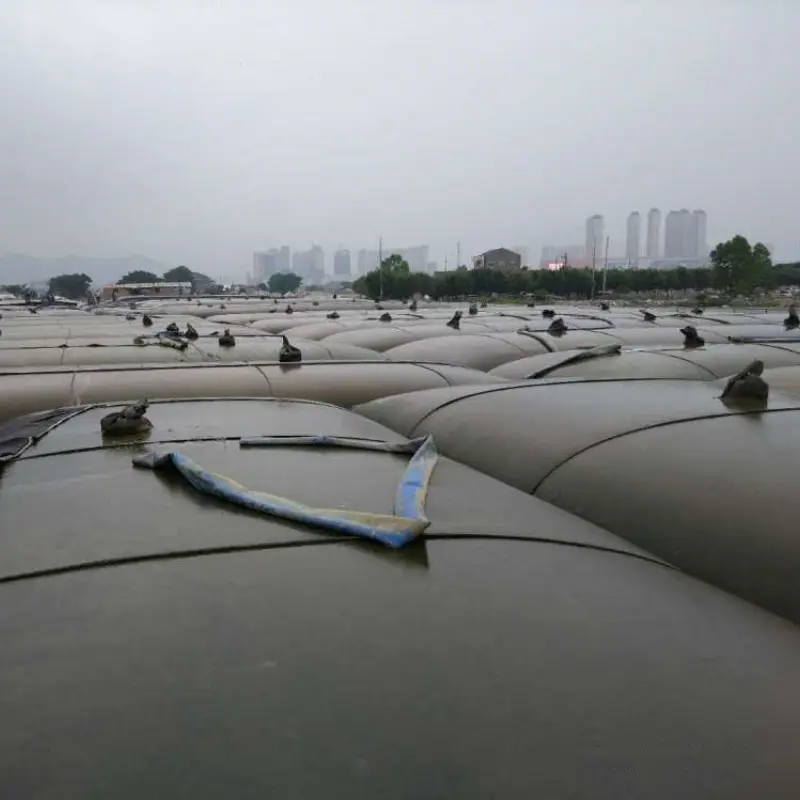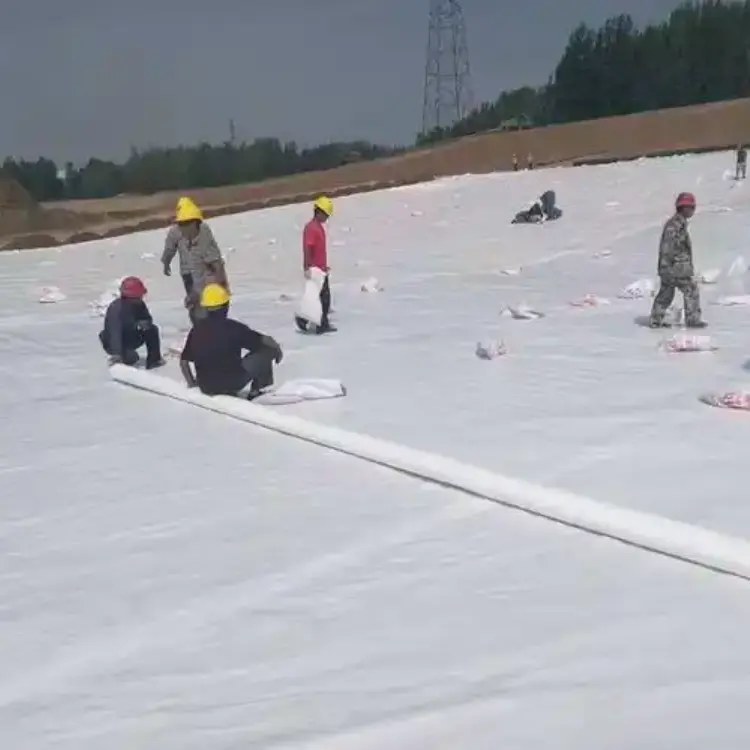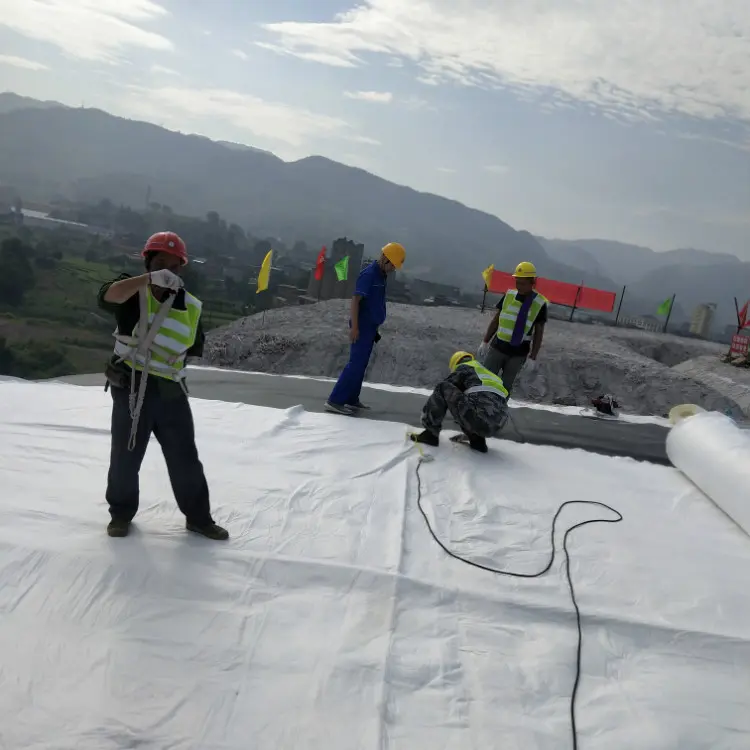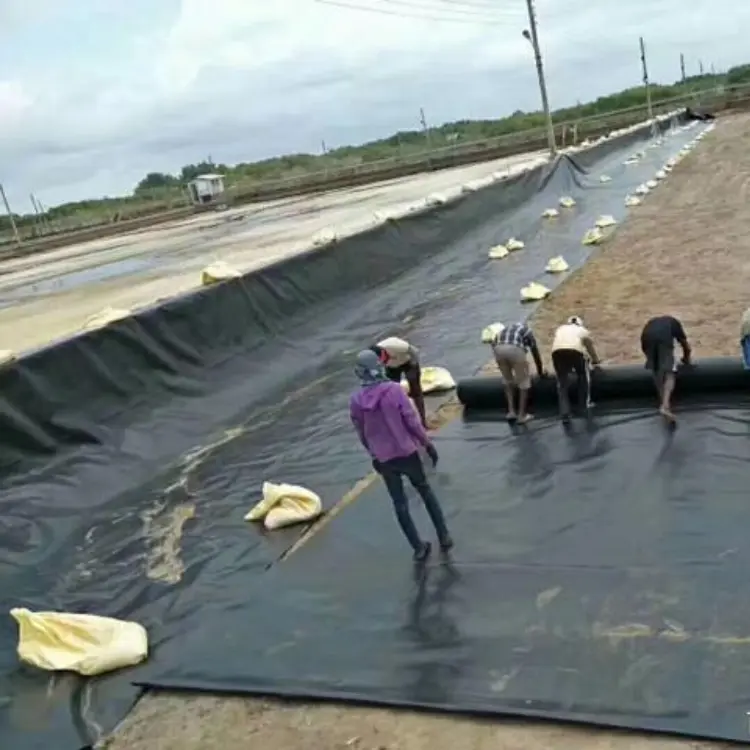I. Temporary Storage Yard Construction
- Clear surface vegetation prior to grading operations.
- Grade the area with a 0.1% slope from center to periphery for drainage.
- Excavate peripheral drainage ditches and collection sumps.
II. Construction Dewatering
- Employ sludge pumps to evacuate accumulated water from the work zone.
III. Geotextile Tube Filling
- Tube Deployment: Manually position geotextile containment tubes.
- Sludge Extraction: Hydraulically dredge bottom sediments using high-pressure water jets (≥100 bar) to fluidize sludge.
- Pumping Operation: Transfer slurry via centrifugal pumps to filling sleeves.
- Filling Protocols:
- Monitor sediment accumulation at discharge points; adjust sleeve positions dynamically.
- Implement systematic compaction by foot traffic across tube surfaces to enhance particle rearrangement.
- Terminate filling at filter cake formation stage to prevent tube rupture (≥90% volumetric capacity).
- Conduct phased filling: Allow initial dewatering consolidation before subsequent lifts.
- Survey Control: Verify layer elevations against design profiles using real-time topographic surveys.
IV. Gravitational Dewatering
- Exploit geotextile’s micro-perforations (ASTM D4751) to capture solids while permitting water passage.
- Recycle effluent for repeated filling cycles until achieving maximum permissible tube height (typically 3-5 lifts).

V. Sludge Solidification
- Retained fines undergo dewatering and consolidation through:
- Evaporative drying
- Particle interlocking
- Overburden-induced compression
- Maintain closed-loop water reuse throughout cycles.
VI. Cured Material Handling
- Transport solidified sediment (≥80% solids content) for:
- Offsite disposal, or
- Beneficial reuse in embankments/landscaping (per ASTM D7762).
Key Technical Specifications
| Process Parameter | Requirement |
|---|---|
| Slope Gradient | 0.1% radial fall |
| Filling Pressure | ≤0.8× geotextile burst strength (ASTM D4884) |
| Tube Consolidation | Minimum 24-hour intervals between fills |
| Effluent Quality | TSS ≤50 mg/L (EN 872) |
| End Solids Content | ≥80% dry mass |
Execution per Geosynthetic Institute GRI-GT13 & ASTM D4885 standards.


